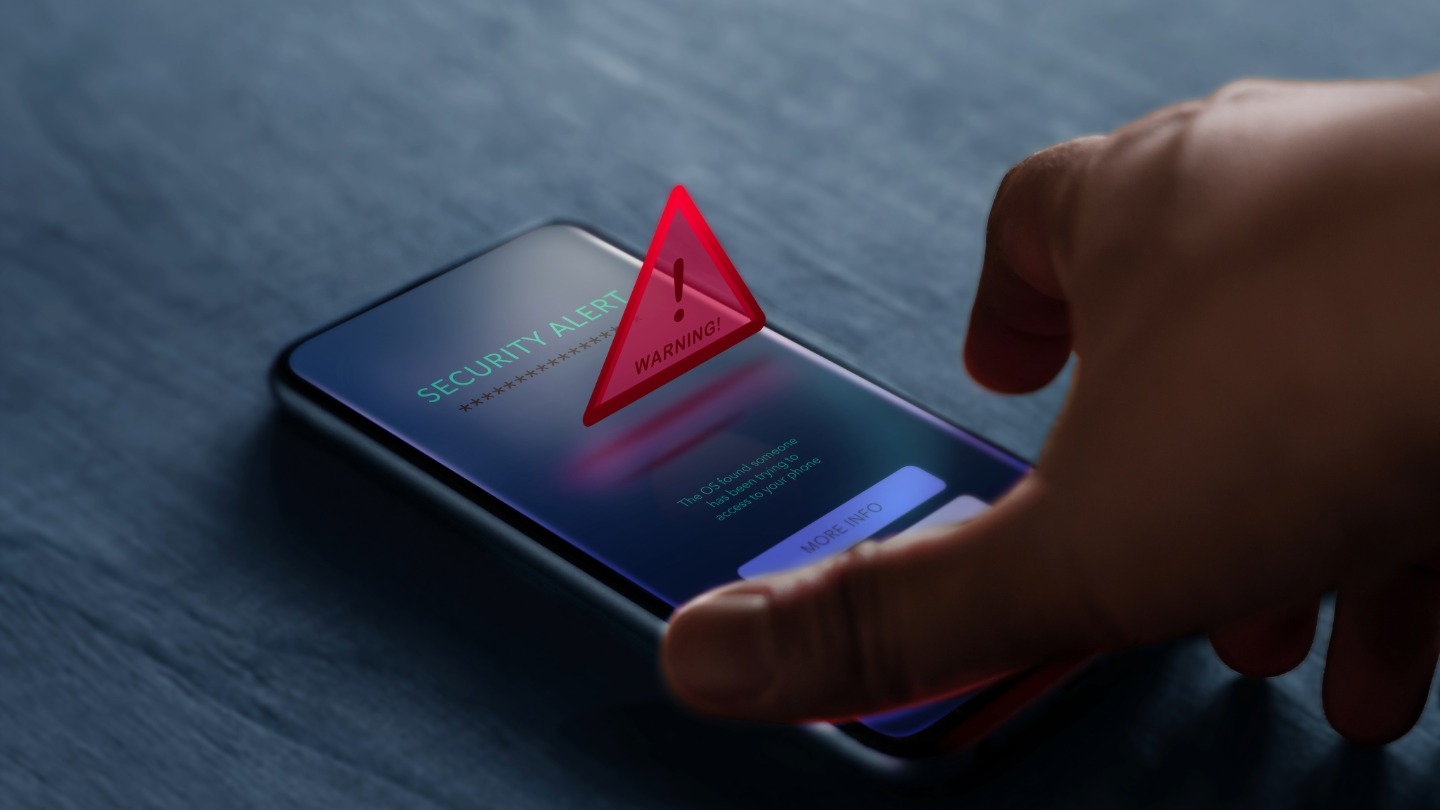
The internet is an amazing source of information, but it also contains many unique threats. One important concern in the digital age is online privacy; thieves, hackers, and other criminals may be trying to access your data and information for their own personal gain.Kids are just as vulnerable as adults (if not more so), as they can be targeted for identity theft, scams, and other predatory behavior before they’ve developed the skills to protect themselves. Just as you take steps to guard your children in the physical world, you should try to keep them safe on the internet.Here are five strategies for protecting your child’s privacy online.
1. Don’t Overshare Information
When you’re a proud parent, you may be naturally inclined to share photos and information about your children online. But you should be careful about the information you share and be aware of the privacy settings on the websites and apps you use.Be careful when posting pictures of your kids online, especially in public forums that can be accessed by anyone. Before you do share photos, check the privacy policies and settings of the website - you may be able to keep photos visible only to those individuals you approve (or at least, only to those you’ve added to your friends list).It’s also a good idea to hold back from sharing too much information about your child. Sharing information about you and your child’s location leaves you vulnerable to a number of criminal activities, and even sharing your child’s full name could increase the risk of child identity theft.Always know what information the websites you use collect about you and your children. Under federal law, websites must have a parent’s permission before they collect information from children under the age of 13.
2. Watch Your Child’s Online Habits
It’s a good idea to be aware of your child’s online habits to help them avoid sharing private information or visiting dangerous websites. Keeping computers out in the open, rather than in more private areas such as bedrooms, can help you monitor your child’s online activity. Young children could benefit from an adult copilot as they learn to use technology and navigate the web.You may also want to monitor internet activity using browser history or more robust computer monitoring tools. Software programs can help you monitor internet usage and block unsafe or adult websites.These methods can apply to tablets, phones, and other mobile devices as well.
3. Set Enforceable Rules
As the parent, you can set rules around your child’s online time. You may want to set time limits for internet use and restrict which websites your child can visit. A list of enforceable house rules - along with consequences for breaking them – can be posted by the computer or attached to the family tablet.Any rule list should include restrictions on the information children share about themselves and others, which leads to the next strategy:
4. Teach Good Privacy Habits
You can teach your kids to protect their personal information online. Make sure they understand good privacy practices, including:
- Never sharing names, phone numbers, email addresses, passwords, school information, or pictures of themselves, friends, or family members without your permission.
- Never clicking links or opening attachments in emails from people or sources they can’t verify.
- Never messaging with strangers.
- Never meeting up in person with anyone they meet online.
Remember, even if your child isn’t risking their privacy, the information they share online could come back to haunt them. An inappropriate picture, mean comments, or online rants are all easy mistakes for children and young adults to fall into - but those actions can have real life consequences. Make sure your child understands that the information they share online can be permanently attached to their name.
5. Practice Good Habits Yourself
You can teach your kids by example. Make sure to follow good online security habits and protect your personal data and privacy as well. Be careful about the information you share on social media, make sure to use websites you can trust, and protect your personal data from thieves. A good rule of thumb? Avoid sharing any information online that you wouldn’t volunteer to a stranger.



.png)



